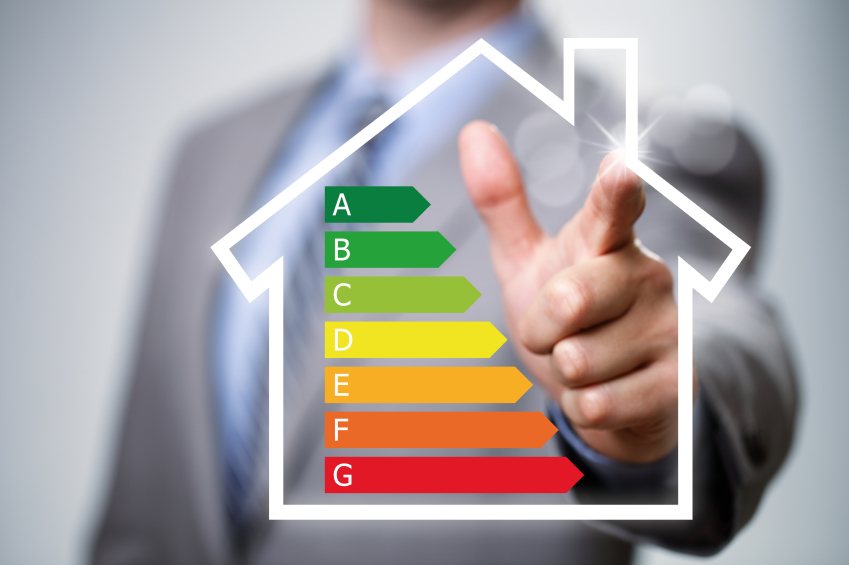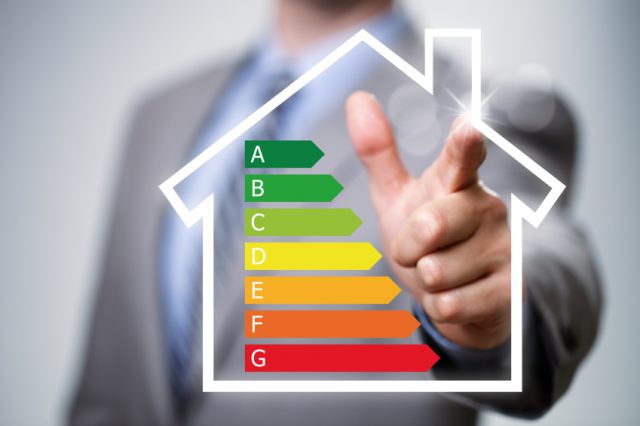Home » Uncategorised »
Government Should be Helping Landlords with Energy Efficiency, Says Investor
This article is an external press release originally published on the Landlord News website, which has now been migrated to the Just Landlords blog.

The Government should be providing buy-to-let landlords with energy efficiency support, warns established investor Peter Armistead, of Armistead Property.

Government Should be Helping Landlords with Energy Efficiency, Says Investor
New Government plans will require buy-to-let landlords to spend up to £5,000 on energy efficiency improvements.
The new legislation, which will be introduced from 2018, requires landlords to raise the energy efficiency of their rental properties to at least an E rating for new tenancies. Many landlords will be forced to carry out improvements, such as insulation, cavity wall filling and new boilers.
The Residential Landlords Association (RLA) believes that a total of 330,000 rental properties, typically Victorian and Edwardian homes, will be affected by the new legislation. It also warns that the new “green tax” could push rents even higher.
However, the Government has suggested a £5,000 cap, insisting that most landlords will have to spend no more than £1,800.
But Peter Armistead has urged the Government to provide alternative support to landlords, now that the Green Deal has ended.
“Landlords have been bombarded with new tax measures over the last 12 months, and this is yet another cost that some landlords will have to face. Landlords can’t be expected to absorb all these new taxation measures and just stand back and watch their profits being eroded. Unfortunately, it will be tenants that will have to bear the brunt of these costs through higher rents.”
He continues: “While it is a good move to improve the quality of rented accommodation, there should be another scheme to help landlords make the improvements. The Green Deal gave loans to improve energy efficiency, and these loans were then repaid by tenants, who, as a result of the works, were paying lower bills.
“To help spread the improvement costs, landlords should start upgrading their properties before it becomes mandatory in 2018 for new tenants. Buy-to-let mortgage providers will require borrowers to comply with the regulations, and valuers are likely to amend their criteria in the run-up to 2018, making buy-to-let mortgage applications more difficult.”
Armistead adds: “Most insurance policies require landlords to comply with all relevant statutory requirements. This may mean that it could be more difficult to get insurance unless landlords comply with the forthcoming regulations. Landlords with F and G-rated properties need to manage the upgrading and improving their properties to avoid potential prosecution and fines.”
Landlords, have you started thinking about any energy efficiency improvements your rental property needs?




